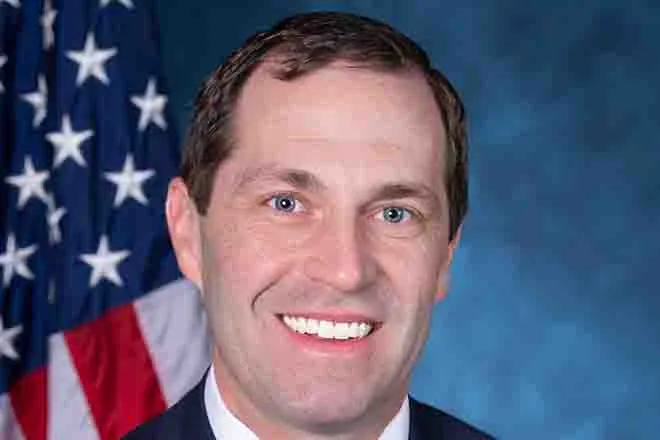
Tips for breathing easier during Colorado’s bad air quality days
Click play to listen to this article.
(Colorado News Connection) Wildfires are becoming bigger and more frequent in Colorado and across the Mountain West, and health experts are offering tips to breathe easy even during bad air-quality days.
Dr. Anuj Mehta, pulmonary and critical-care physician at Denver Health said pregnant women, infants, children, older adults and people with heart or lung disease are most at risk.

© iStock - nevarpp
"Wildfire smoke has a lot of particulate matter. So really, really small microscopic particles that can cause inflammation in the lungs. Just breathing in that particulate matter, that inflammation may not just stay in your lungs. It can really cause inflammation around your body," Mehta said.
Exposure to smoke from wildfires has been linked to an increased risk of heart attack, stroke, lung cancer and a decline in cognitive function. Using air purifiers with HEPA filters and high MERV rated air conditioning filters can improve indoor air quality. Limiting strenuous activities is also a good idea, because when your breathing rate goes up, you inhale more particulates.
Workers and others who need to be outdoors can get air-quality updates on particulate matter and ozone pollution levels online at colorado.gov/airquality. Mehta says N-95 masks and respirators can also help, if worn correctly.
"If you can be indoors, that's going to be really good. If you have to be outdoors, and you are somebody with underlying breathing problems, wearing the mask actually can reduce the amount of particulate matter that you are going to breathe in," Mehta continued.
Colorado has already seen six wildfires that have burned more than 1,000 acres since May, and as humans continue to burn fossil fuels, wildfire risks are widely expected to increase into the foreseeable future. Mehta said it's important to understand the risks, and to be prepared.
"So every summer we're going to be dealing with bad air quality days. And so people, especially people with underlying health concerns, should be discussing with their medical teams about a bad air-quality plan," Mehta continued.

















